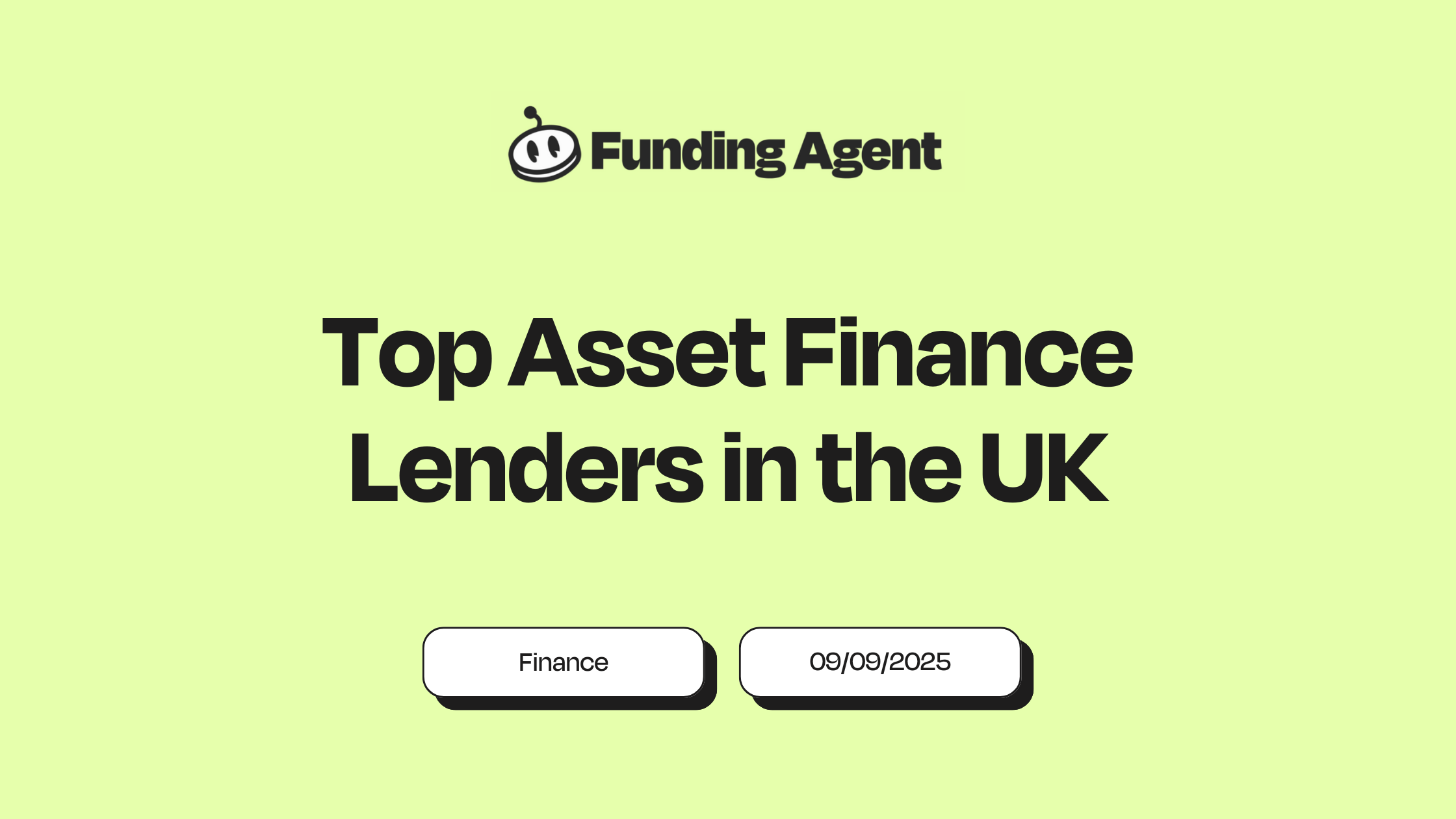Get an Unsecured Business Loan for Your Startup
Unsecured business loans for startups offer vital financial support without requiring collateral, enabling emerging businesses to grow confidently. With options suitable for a variety of use cases such as cash flow management, these loans provide fast decision times and flexible amounts tailored to startup needs.
- Quick and easy application process
- Loan disbursed within 24 hours
- No additional charges for early repayment

How does an unsecured business loan help your startup?
The primary advantage of unsecured business loans lies in not needing collateral, offering incredible flexibility in fund usage. Easy application processes and rapid delivery of funds, often within one to two weeks, make these loans attractive to startups. The rates range from 4% to 18% APR, depending on the specific loan type, making it suitable for diverse business needs.



SCALE YOUR BUSINESS TO NEW HEIGHTS





What Types of business loans would benefit startups?
Short-term Unsecured Business Loans
For startups in operation for at least 6 months, these loans offer amounts between GBP 5,000 and GBP 50,000, with terms of 3 to 18 months.
Merchant Cash Advances
These are suitable for businesses with robust card sales, advancing up to 150% of monthly card sales.
Peer-to-Peer (P2P) Business Loans
These loans suit creditworthy startups with sound business plans. Amounts range from GBP 5,000 to GBP 100,000.
What is an unsecured business loan for a startup?

Application Processes and Compliance
Applications for unsecured loans often require business plans, financial statements, and credit histories. With streamlined online platforms, initial decisions can be made quickly, usually in 1-5 days. We specialise in supporting startups through these processes efficiently.

Regulatory Oversight and Compliance
Regulated by the Financial Conduct Authority (FCA), unsecured loans ensure transparent practices, safeguarding your investments. Our expertise assures compliance with all regulatory requirements, fostering trust and reliability in our service offerings.

Borrowing Capacity and Rate Details
Unsecured loans offer amounts from GBP 1,000 to GBP 250,000, influenced by turnover, credit rating, and business plan quality. Typical interest rates hover between 4% and 18% APR, with fees like origination and late payment charges potentially applicable. We provide competitive solutions tailored to your specific business requirements.
FAQ’S
DIVE DEEPER

We Like To Keep Things Simple



to
£500K
zero hidden fees





.png)

